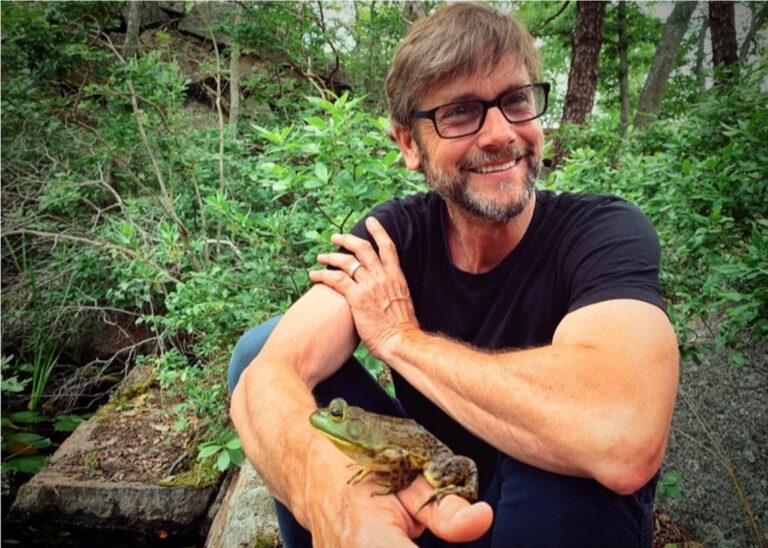Place making is one of the principles practiced by indigenous peoples and it would seem they are as relevant now as they ever were.
In: Sensitivity to scale, uniqueness of place and local culture, Daniel Christian Wahl (Design for Sustainability, 10 July, 2021) says that:
One way to avoid — or at least minimize — the risk that new ‘solutions’ will result in catastrophic and widespread unintended consequences is to limit the scale of experimentation. At the local and regional scale, feedback is faster and ecological limits are more immediately identifiable. Furthermore, by focusing on the local and regional scale, we can adapt solutions better to the specific conditions of a particular place.
Design that aims to meet basic human needs at the scale of the local community/region also creates systemic redundancies, so that unpredictable changes in one place are less likely to trigger domino effects in other places. In the dogma of neoclassical economics, redundancy is to be avoided as ever larger economics of scale are used to increase the profits of a few to the systemic detriment of many. However, if we aim to create circular economies based on local, renewable, biological resources, redundancy becomes a vital ingredient of vibrant local economies and regional resilience.
Wahl concludes that: Much can be learned from place-based knowledge. 
Noting that: At the same time we have to be aware that most local cultures have already undergone a profound transformation and erosion of local tradition and language. We need to value traditional place-based knowledge and culture without falling into the traps of a resurgence of radical regionalism and narrow-minded parochialism. We need to value local and regional solutions supported by global collaboration and knowledge exchange. A regenerative human culture will be locally adapted and globally connected. The future will be glo-cal, enabled by collaborative, peer-to-peer networks and social innovation.
Daniel Wahl is author of: Designing Regenerative Cultures, published by Triarchy Press.



